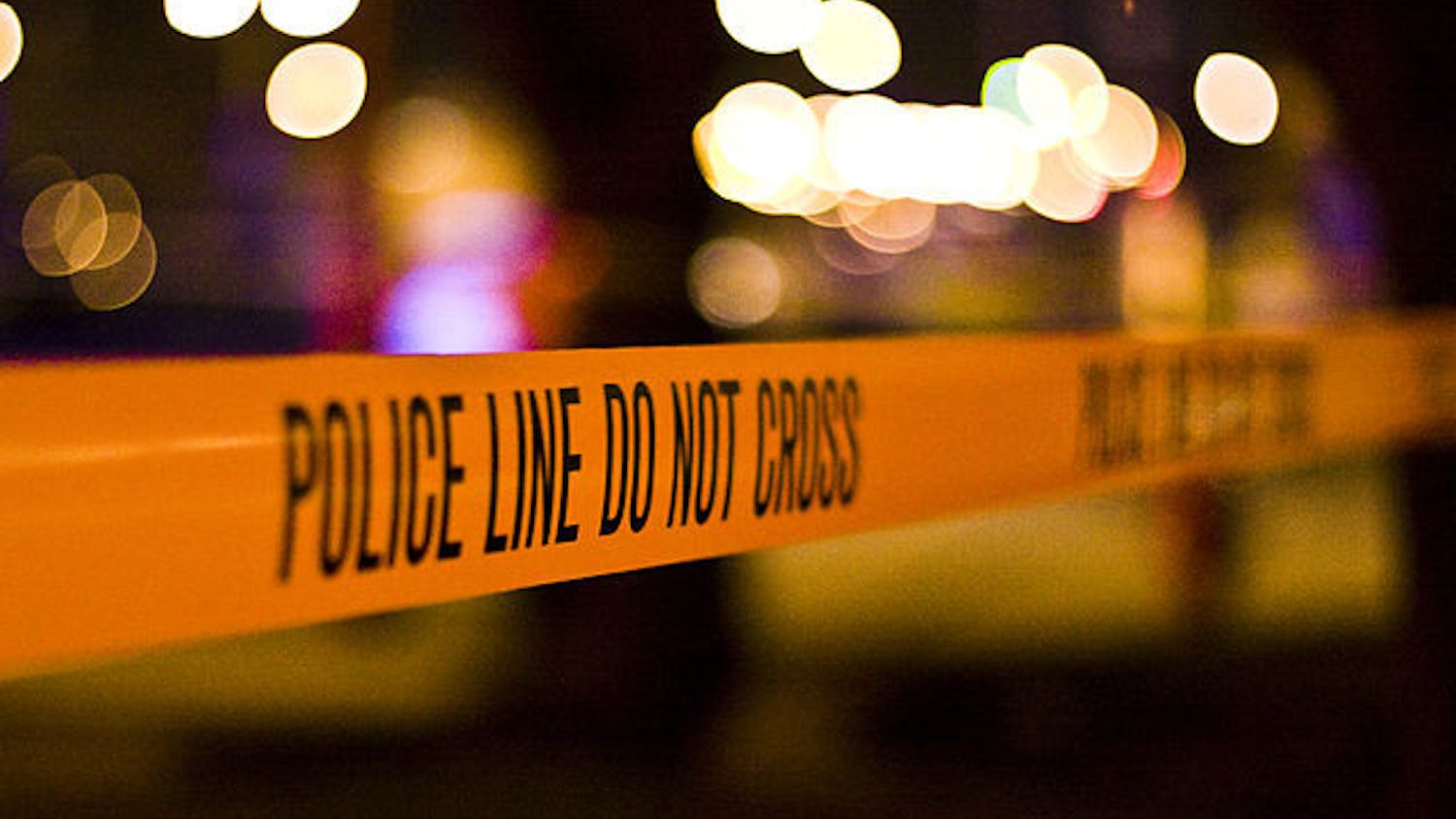In 1989, a young UF student named Tiffany Sessions vanished.
The authorities, her parents and her peers were shocked — no trace was left of Sessions. She had gone for a routine walk along Williston Road and simply never returned.
“In desperation, Pat Sessions, a marketing executive, did what he knows how to do best,” CBS reported. “He organized press conferences, (brought) in famous faces like football Hall of Famer Dan Marino and politician Jeb Bush, and he coordinated one of the biggest, private searches in Florida history. More than 700 people showed up, they searched the swamps around Tiffany’s walking route, they blanketed the state with fliers, put Tiffany’s face on billboards, and answered the hotline.”
But no leads emerged.
The familiar narrative of a beautiful girl gone missing in a small town captivated the nation, but eventually, like so many homicides and abductions, Sessions’s case went “cold.”
Wednesday, a quarter of a century later, Alachua County Sheriff’s Office Detective Kevin Allen announced to CBS they had identified a primary suspect: serial killer Paul Rowles, who died in prison early last year.
Our hearts go out to Sessions’ family as Alachua County detectives move forward in the investigation. Today, major developments in the case will be announced, though Sessions’ father told the Orlando Sentinel that “Rowles’ connection to Tiffany’s disappearance has existed for a few years.”
In the next few weeks, the case will be revived and played out over national news outlets, and CBS’s “48 Hours” will feature it as its own special.
Cases often go cold due to lack of personnel, above else: According to the Bureau of Justice Assistance, cold-case squads can require up to two full-time investigators researching one case, along with other investigators who work on outside cases, interdepartmental partnerships, administrators and “light-duty” detectives.
In addition to a simple lack of manpower to cover cold cases, back then, authorities didn’t have the resources we do now. That’s why the National Institute of Justice awarded $14.2 million to 38 states in 2005 to renew “homicides, sexual assaults and other violent crimes.” In 2007, NIJ awarded $8 million to 21 state and local agencies. Since the Institute’s money allotments to local and state cold-case teams, dozens of cases have been solved, and many, many more are ongoing.
The importance of cold cases, then, is broader than the obvious need for families of victims to gain answers — or closure. When theses types of investigations uncover enormous developments such as the link between Rowles and Sessions, it proves the government dollars and extra labor at work are adding up to real progress.
As the Sessions’ case continues to unfold with the added resources of DNA testing and improved digital technology, the Alligator will be there along the way to report updates and new findings.
[A version of this editorial ran on page 6 on 2/6/2014 under the headline "Tiffany Sessions case reopened: Why cold cases matter"]




